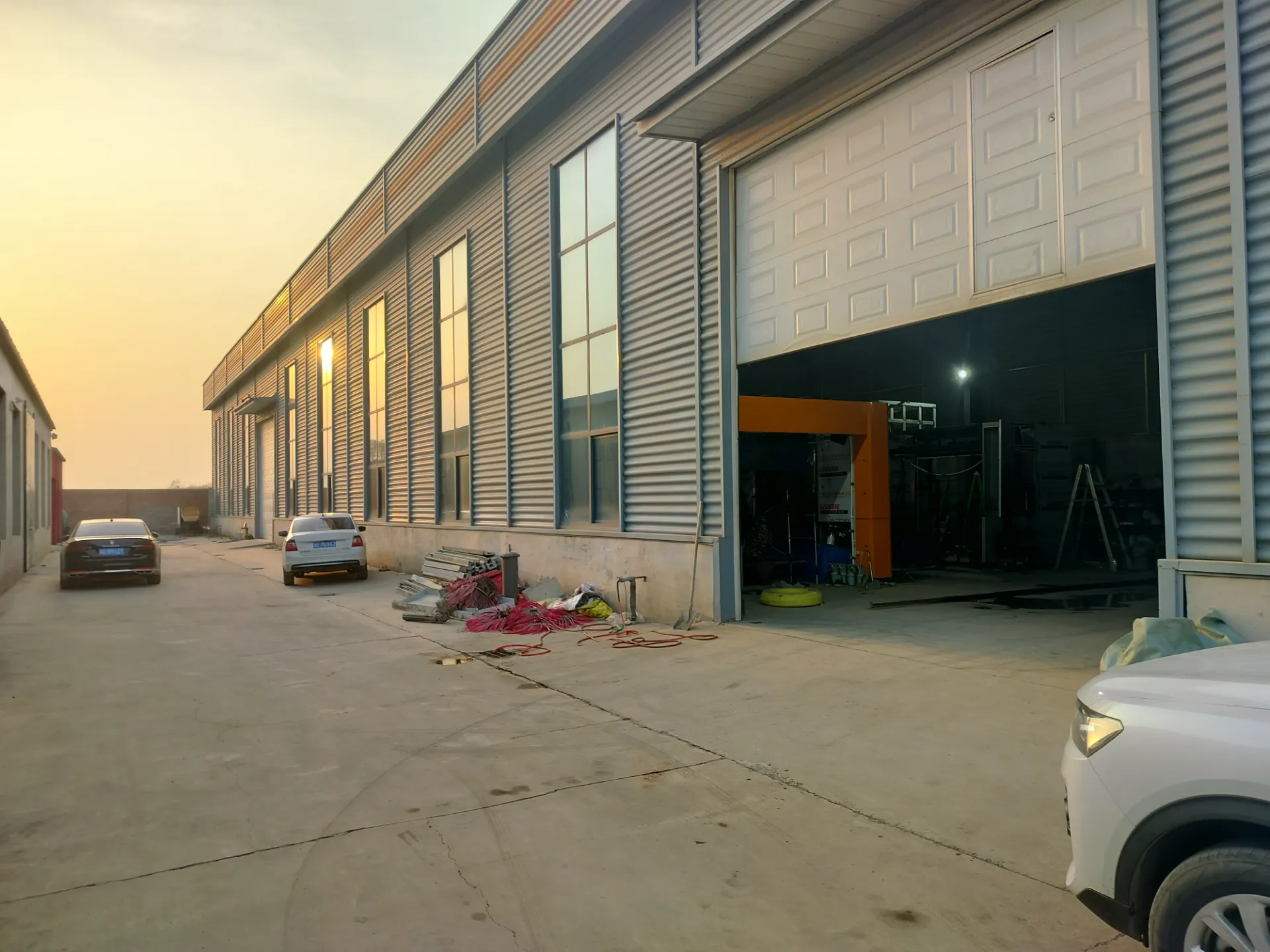
- Afrikaans
- Albanian
- Amharic
- Arabic
- Armenian
- Azerbaijani
- Basque
- Belarusian
- Bengali
- Bosnian
- Bulgarian
- Catalan
- Cebuano
- Corsican
- Croatian
- Czech
- Danish
- Dutch
- English
- Esperanto
- Estonian
- Finnish
- French
- Frisian
- Galician
- Georgian
- German
- Greek
- Gujarati
- Haitian Creole
- hausa
- hawaiian
- Hebrew
- Hindi
- Miao
- Hungarian
- Icelandic
- igbo
- Indonesian
- irish
- Italian
- Japanese
- Javanese
- Kannada
- kazakh
- Khmer
- Rwandese
- Korean
- Kurdish
- Kyrgyz
- Lao
- Latin
- Latvian
- Lithuanian
- Luxembourgish
- Macedonian
- Malgashi
- Malay
- Malayalam
- Maltese
- Maori
- Marathi
- Mongolian
- Myanmar
- Nepali
- Norwegian
- Norwegian
- Occitan
- Pashto
- Persian
- Polish
- Portuguese
- Punjabi
- Romanian
- Russian
- Samoan
- Scottish Gaelic
- Serbian
- Sesotho
- Shona
- Sindhi
- Sinhala
- Slovak
- Slovenian
- Somali
- Spanish
- Sundanese
- Swahili
- Swedish
- Tagalog
- Tajik
- Tamil
- Tatar
- Telugu
- Thai
- Turkish
- Turkmen
- Ukrainian
- Urdu
- Uighur
- Uzbek
- Vietnamese
- Welsh
- Bantu
- Yiddish
- Yoruba
tunnel washing machine
The Evolution and Impact of Tunnel Washing Machines in Modern Industry
In today’s fast-paced industrial environment, efficiency and cleanliness are paramount. One of the innovations that have significantly enhanced operational productivity is the tunnel washing machine. These machines are designed to automate and streamline the cleaning process for various items, most commonly in the food processing, automotive, and manufacturing sectors. This article explores the evolution, functionality, and benefits of tunnel washing machines, shedding light on their vital role in modern industry.
Understanding Tunnel Washing Machines
A tunnel washing machine is an advanced cleaning system that operates on a continuous conveyor belt. The items to be cleaned pass through a series of washing, rinsing, and drying stages within the machine. This setup minimizes manual labor, reduces cleaning time, and increases output efficiency compared to traditional cleaning methods. Tunnel washing machines come in various sizes and capacities, making them versatile for different industries, from large-scale food production facilities to small automotive workshops.
The Evolution of Tunnel Washing Technology
The concept of tunnel washing machines dates back several decades when industries first recognized the need for automated cleaning systems. Initially, washing machines were rudimentary, relying heavily on manual labor. However, with advancements in technology and an increasing emphasis on hygiene and quality control, tunnel washing machines underwent significant improvements.
Modern tunnel washing machines are equipped with sophisticated features such as programmable logic controllers (PLCs), sensors, and advanced spray mechanisms. These innovations allow for precise control over washing parameters, such as water temperature, pressure, and chemical usage. Additionally, environmental considerations have driven manufacturers to develop machines that use less water and energy while maintaining high cleaning standards.
Benefits of Tunnel Washing Machines
tunnel washing machine

1. Increased Efficiency One of the primary advantages of tunnel washing machines is their ability to clean large volumes of items quickly. For example, in the food processing industry, these machines enable the continuous cleaning of crates, containers, and other equipment, thereby saving time and labor costs.
2. Enhanced Hygiene Standards In sectors where cleanliness is crucial, such as food production, tunnel washing machines ensure that products meet hygiene regulations. Automated systems reduce the risk of human error and contamination, providing cleaner products and safer environments for workers and consumers alike.
3. Consistency and Quality Control The automated nature of tunnel washing machines leads to consistent cleaning results. With programmable settings, operators can ensure that every item undergoes the same rigorous cleaning process, enhancing product quality and safety.
4. Reduced Labor Costs By automating the cleaning process, companies can reduce the need for manual labor in washing tasks. This not only lowers operational costs but also allows employees to focus on more complex and value-added activities.
5. Environmentally Friendly Options Modern tunnel washing machines are designed with sustainability in mind. Many models utilize advanced technologies that significantly reduce water and detergent consumption. Some even incorporate recycling systems to reuse water, aligning with eco-friendly practices.
Conclusion
The introduction of tunnel washing machines has revolutionized how industries approach cleanliness and efficiency. With their ability to streamline operations, improve hygiene standards, and enhance product quality, these machines have become indispensable in various sectors. As technology continues to advance, we can expect further innovations in tunnel washing solutions, ensuring that industries can meet the ever-growing demands for efficiency and sustainability. The future of industrial cleaning looks bright, with tunnel washing machines leading the charge toward smarter, cleaner, and more efficient operations.
-
Integrating Aqua Tunnel Car Wash in Shopping CentersNewsJun.24,2025
-
Gas Station with an Auto Car Wash MachineNewsJun.24,2025
-
Efficiency in Your Aqua Tunnel Car Wash: Power & Water-SavingNewsJun.24,2025
-
Car Wash Business with Advanced Auto Car Cleaning MachinesNewsJun.24,2025
-
Balancing Setup Costs with Aqua Tunnel Car WashNewsJun.24,2025
-
Aqua Tunnel Car Wash: Eco-Design for the Energy-Savvy EntrepreneurNewsJun.24,2025



